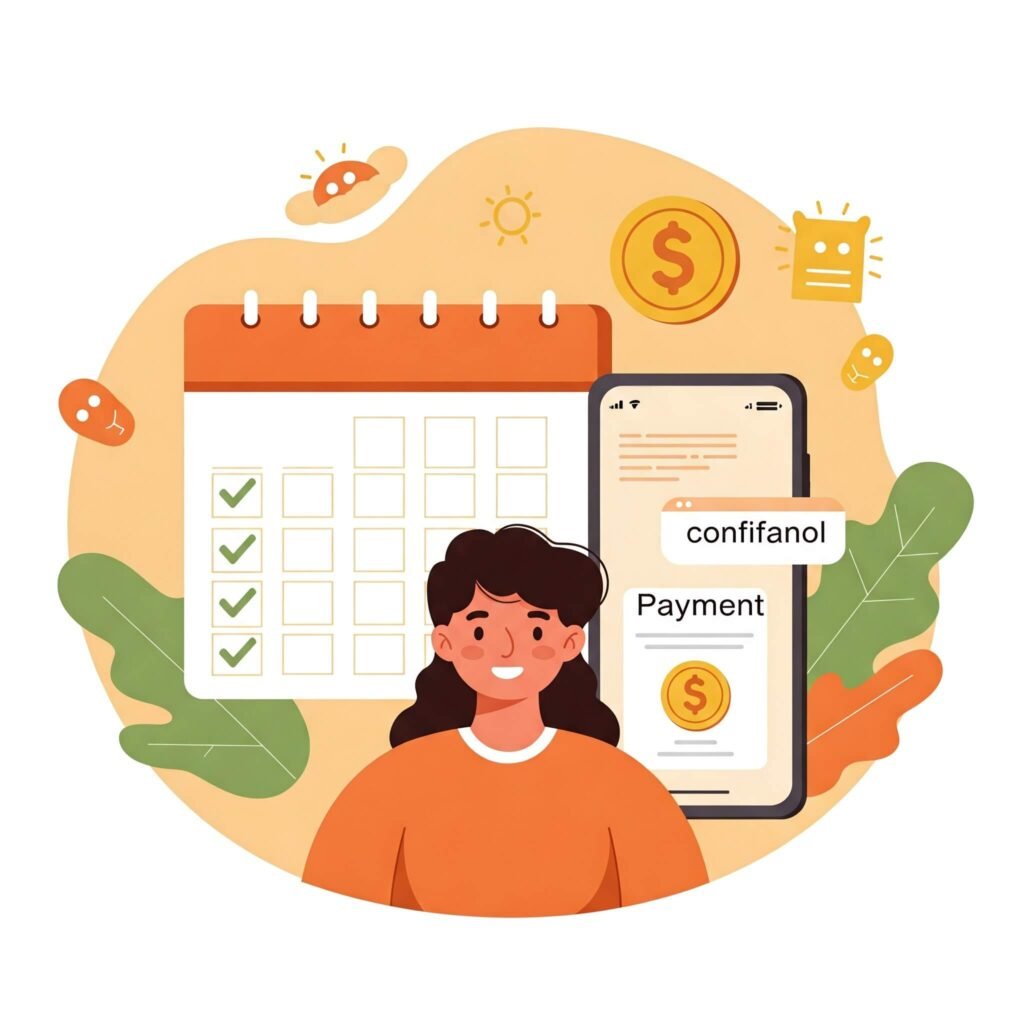To improve your credit score and save money, you gotta play smart with payments, debt, and sneaky hacks—spoiler: I learned this after maxing a card on festival tickets, oof. These tips? Born from my sweaty scrolls, late-night app checks, and one mortifying bank call where I misread my balance. Tip from my flops: start small; I ignored basics and tanked 20 points. Contradiction: I preach discipline, yet I impulse-bought boots mid-budget—chaos vibes.
Tip 1: Pull Your Credit Reports to Improve Your Credit Score
Kick off to improve your credit score by grabbing free reports from Equifax, Experian, and TransUnion at AnnualCreditReport.com. I pulled mine during a humid night, fan buzzing, and spotted a $150 error from a forgotten phone bill—cringe. Disputes are free; fixed mine in 10 days, gained 30 points. Pro: catches fraud fast. Con: paperwork’s a drag; I flubbed one form, delayed a week. Don’t skip this like I did, distracted by Austin’s bat swarm.o 750 in one year. As a result, she qualified for a mortgage with a 3.5% interest rate instead of 5%, saving her $200 monthly on payments.

Tip 2: Pay Bills On Time to Improve Your Credit Score
Payment history’s 35% of your FICO, so to improve your credit score, autopay everything. Missed a $75 card payment during a power outage, score dropped 10 points—facepalm. Set autopay via Experian, saved my butt later. Pro: set-and-forget ease. Con: needs a funded account; I overdrafted once, embarrassing. Tip: add calendar alerts—learned after my phone died mid-cycle.
Tip 3: Slash Credit Utilization to Improve Your Credit Score
Utilization—balance vs. limit—is 30% of your score, so keep it under 30% to improve your credit score. Maxed a $2,000 card for ACL tickets, hit 85% usage, score tanked to 610—yikes. Paid to 20%, gained 35 points in a month. Pro: quick boost. Con: tempting to overspend; I still eye sneaker drops. Use Credit Karma to track—helped me chill on impulse buys.
Tip 4: Become an Authorized User to Improve Your Credit Score
Yo, piggyback on a family card with solid history to improve your credit score. My sister added me to her pristine card; score jumped 45 points in six weeks—felt like cheating. Pro: no payment duty. Con: their slip-ups hurt; I panicked when she was late once. Surprising: works with low limits. Ask a trusted pal, but don’t do it mid-taco run like me—salsa stains on forms ain’t cute.

Tip 5: Use Experian Boost to Improve Your Credit Score
Experian Boost counts rent, utilities, even Spotify to improve your credit score—wild, right? Added my rent during a stormy night, score up 15 points in days. Pro: free, instant. Con: Experian-only; I forgot my electric bill, duh. Surprising: streaming counts, blew my mind. Try Experian—don’t skip like I did, distracted by a rain-soaked Uber.
Tip 6: Pay Down Debt Strategically to Improve Your Credit Score
Snowball or avalanche your debt to improve your credit score—small wins or high-interest first. I snowballed a $500 card, felt like a boss, gained 20 points. Pro: momentum builds. Con: takes discipline; I splurged on BBQ mid-plan. Use NerdWallet for plans—kept me focused despite my taco detours.
Tip 7: Avoid New Hard Inquiries to Improve Your Credit Score
Hard inquiries ding your score 5-10 points, so to improve your credit score, chill on new apps. Applied for three cards in a month—score dropped 15, ouch. Pro: easy to avoid. Con: tempting store discounts; I almost caved at a sneaker shop. Check Bankrate for soft-pull options—saved my score.
Tip 8: Keep Old Accounts Open to Improve Your Credit Score
Credit age is 15% of your score, so keep old cards open to improve your credit score. Closed a 5-year-old card, lost 10 points—dumb move. Pro: free boost. Con: annual fees; I forgot one, cost $25. Surprising: even unused cards help. Review via TransUnion—don’t axe accounts like I did, hungover.
Tip 9: Diversify Credit Types to Improve Your Credit Score
Mix revolving (cards) and installment (loans) credit to improve your credit score. Added a small personal loan, gained 12 points in two months. Pro: shows responsibility. Con: more payments; I miscalculated once, stressed. Surprising: small loans work. Explore LendingTree—helped me balance without overthinking.

Tip 10: Monitor Regularly to Improve Your Credit Score
Track your score weekly to improve your credit score and catch issues. Used Credit Karma, spotted fraud in a week—score saved. Pro: free tools. Con: obsessive checking; I lost sleep once. Surprising: apps gamify it, kinda fun. Hit Credit Karma—kept me sane despite my late-night scrolls.
Wrapping My Rant on How to Improve Your Credit Score and Save
Whew, spilling this while Austin’s neon buzzes outside—feels like shaking off a bad hangover. These tips to improve your credit score didn’t erase my flops (that festival card max? Still stings), but they pushed my score to 675, saved me $200 on loan interest, and hey, I’m not broke yet. Contradiction: I curse credit games, yet I’m hyped for my climb—peak Austin hustle, right? If you’re in the US grind—bills piling, savings calling—hit these hacks, monitor like I forgot to, and dodge my dumb moves.
Outbound Link: First State Bank of Bedias




